
Somalia to license oil drilling in February amid absence of clear legal regime
Engineer Doomey, the director general at Ministry of Petroleum said in a media interview this past week the government was readying for the licensing rounds on the 7th of February 2019 affirming an earlier statement by the oil explorer Spectrum Geo.
"On the 7th of February in London, Somalia is going to be holding the first licensing rounds of multiple acreages,” said Doomey. He added the country has at its disposal 206 oil blocks and will be auctioning blocks in southern Somalia.
According to Spectrum Geo which completed its acquisition of 2D seismic data offshore in Somalia in May 2016, the Ministry of Petroleum will unveil the final block delineation, expected to consist of up to 50 blocks covering a total area of over 173,000 km2.
Spectrum added the government will also ‘reveal the legal and regulatory framework, petroleum laws, local capacity, fiscal terms, round timings and other conditions.’
Spectrum acquired 2D seismic data covering 20,582.75 km adding to 20,500 km sail lines by Seabird Exploration under contract from British explore Soma Oil and Gas in 2014.
LEGAL FRAMEWORK
In the media interview while attending the Africa Oil Week in in Cape Town Thursday, Doomey said all the necessary legal frameworks will be in place by the time of auctioning.
However, it is not clear if the government will have put in place all the legal and regulatory frameworks by February. Key to the licensing is the passage of the Petroleum Act which sets forth the regulatory mechanisms and institutions vested with regulating the oil sector. The Petroleum Amendment Act which was tabled in the Lower House October 30, 2017 is currently at the Committee stage.
Parliament will be proceeding for recess by around December 10 and resume late February making it almost unfeasible to pass the bill which also requires the president’s assent to come into force. Notable in the amendment bill is the revenue sharing and production sharing agreements.
The bill creates the Somali Petroleum Authority (PSA) which is the overall regulatory body of petroleum operations in the country including licensing, human resource evaluation, and compliance.
The law grants authority the Ministry of Petroleum to develop the Production Sharing Agreements (PSAs) which requires the input of the Federal Member States. The sour relations between Mogadishu and the FMS at the moment could jeopardise talks on such a contentious issue.
In addition, the Federal Government and the Federal Member States must develop a revenue sharing agreement which outlines the share of the two levels of government from oil and natural resources proceeds.
READ ALSO: EXCLUSIVE: Somalia distances itself from Nairobi Oil Summit but affirms earlier nod
Spectrum ASA completes the acquisition 2D seismic data offshore south Somalia
Somalia signs oil deal with Spectrum ASA amid Soma Oil quandary
A joint meeting of the FMS leaders and Federal Government in Baidoa in June noted the two levels of government had agreed on natural resource sharing formula but a recent UN Monitoring report warned such agreements must be anchored in law to ensure practicability.
"While cooperation toward natural resource revenue sharing among the FGS, FMS, and BRA is a positive development, the significance of these two agreements should also not be overstated.”
"The agreements are not legally binding and may not be fully compatible with the relevant legal frameworks, including the Somali Fisheries Law (2014) and the Petroleum Bill (pending in Parliament). The agreements also require institutional capacity for their effective implementation, such as a Somali Fisheries Authority and a Somali Petroleum Authority, which do not yet exist.”
The government distanced itself from a much publicized event slated for early this year in Nairobi after it emerged there was disagreements between the Office of the Prime Minister and Ministry of Petroleum





 0
0 
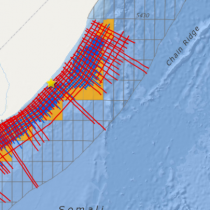


![[Topnews:-] Sarkaalkii Muqdisho ka Afduubtay Saraakiishii Sirdoonka Faransiiska oo Mareykanka u tahriibay.](https://waagacusub.com/uploads//article/photo/IMG_D12C79-B2F5AF-B6B07C-E7F3AC-96251A-E9123F.jpeg)
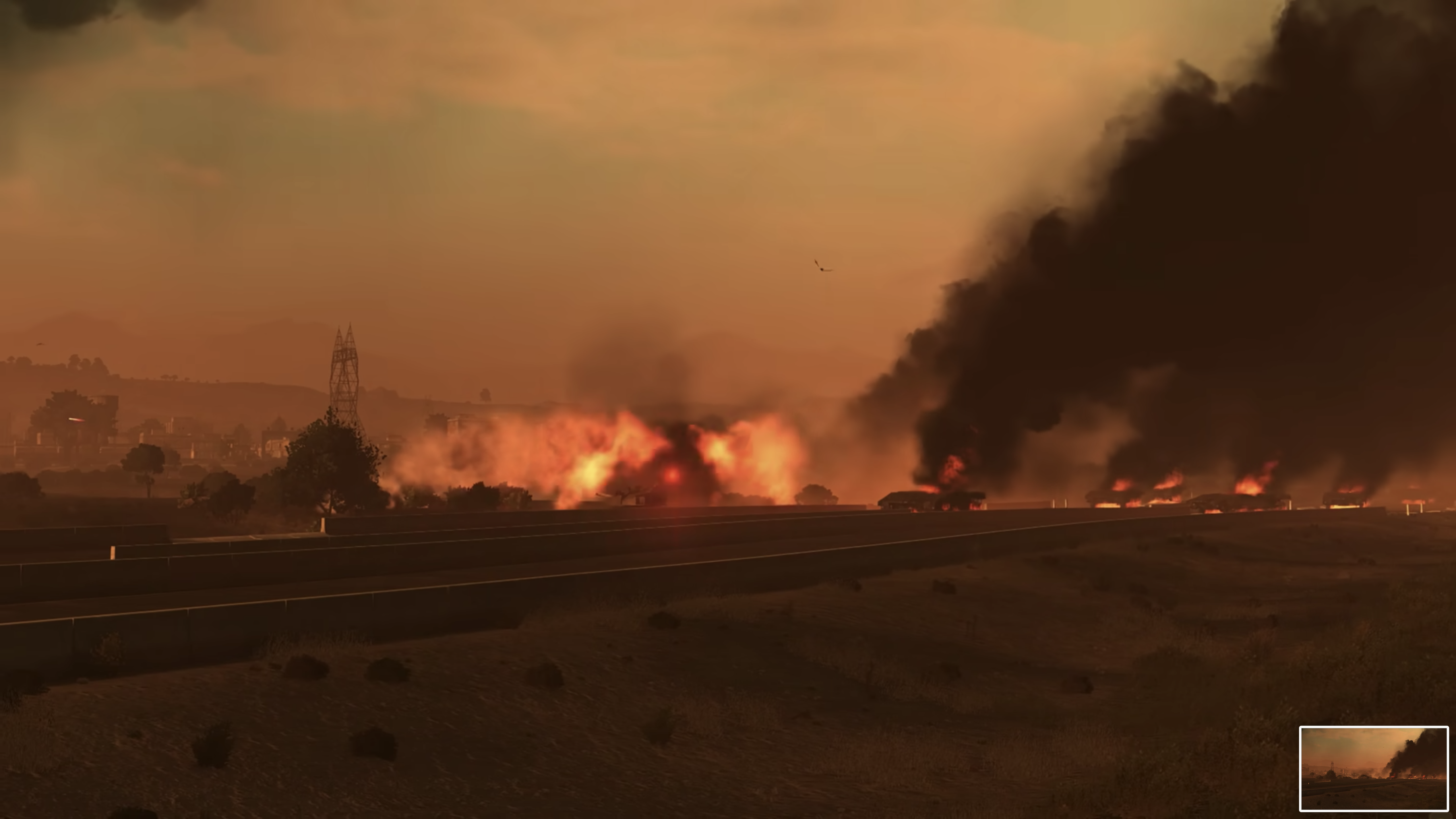

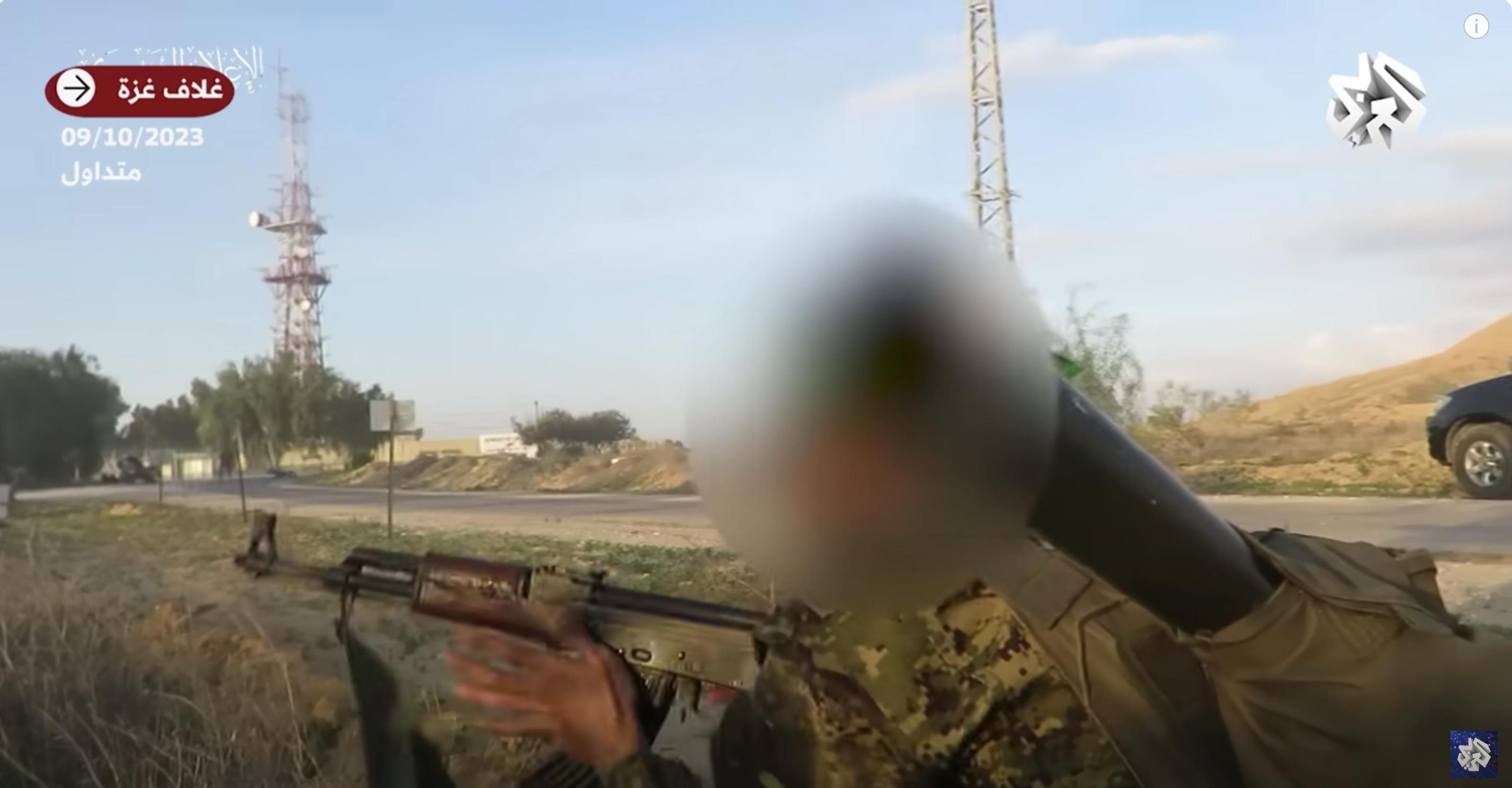
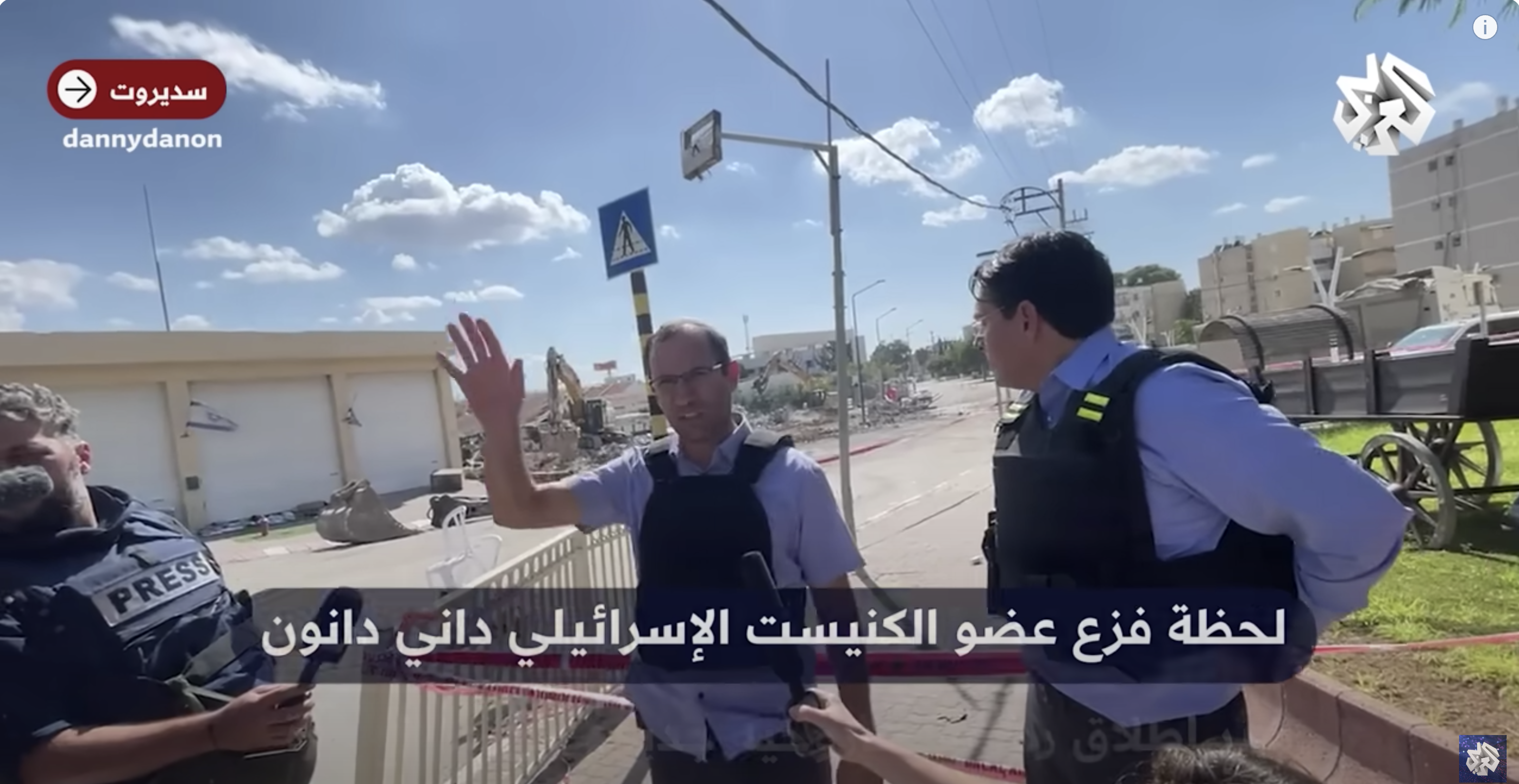
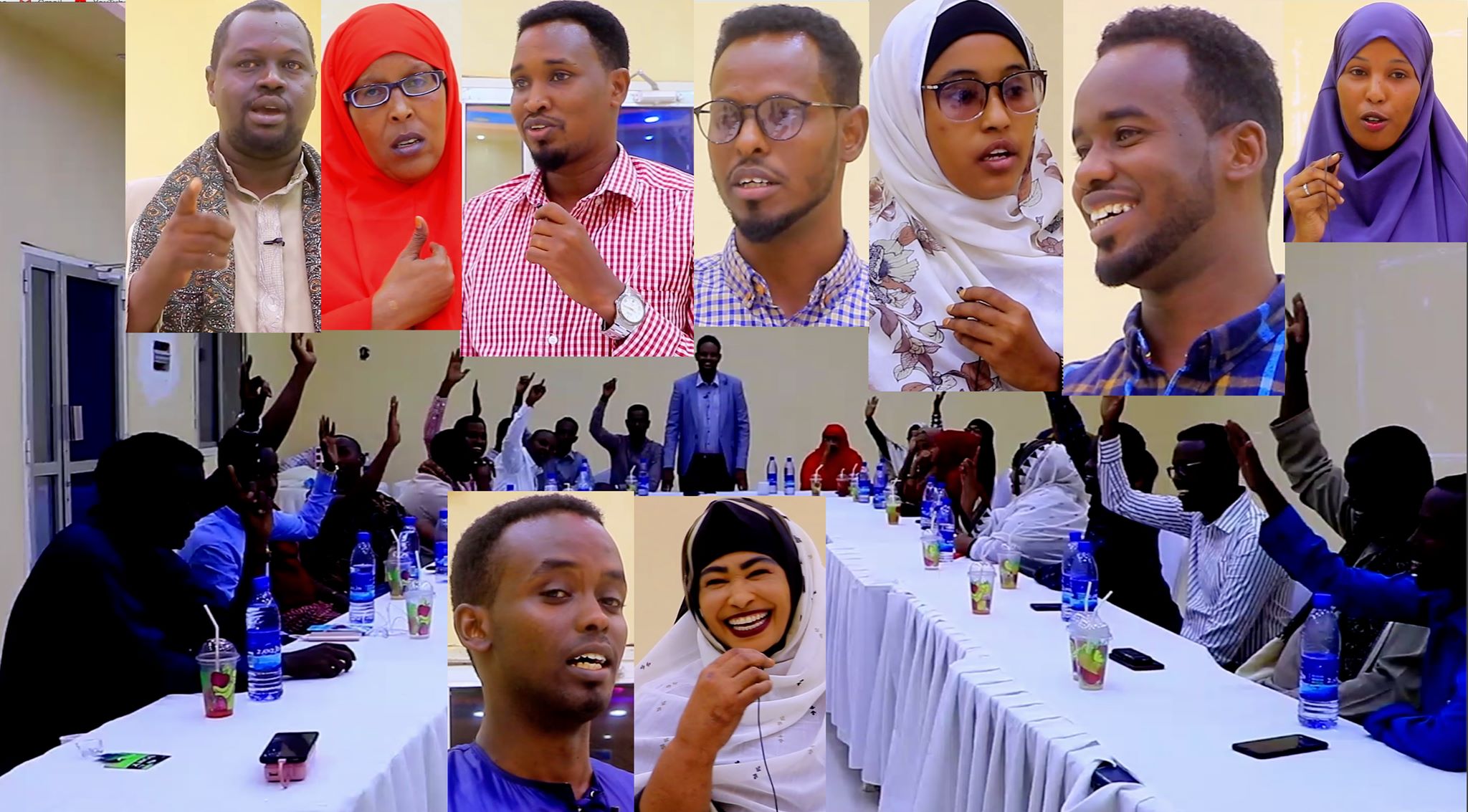
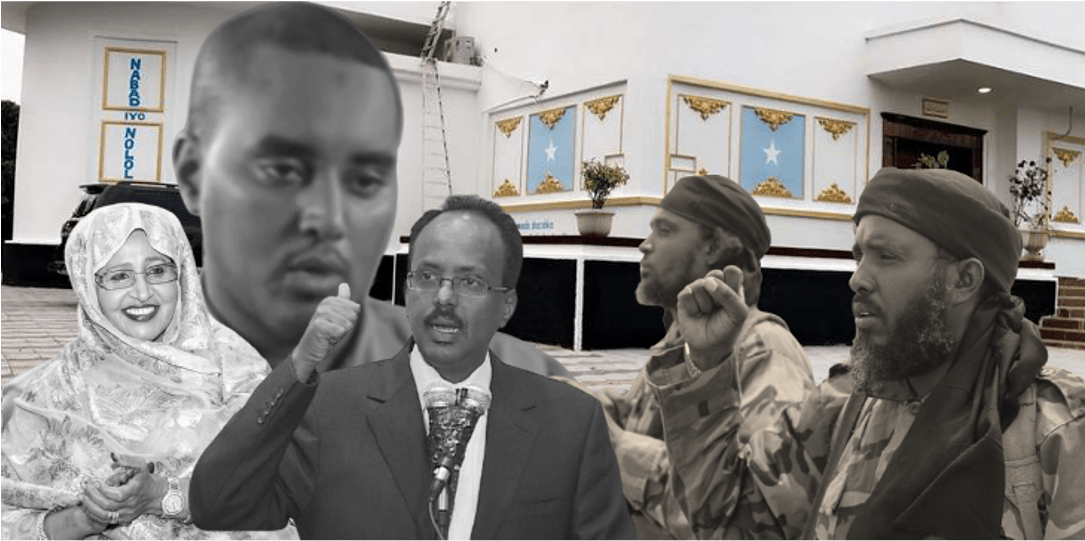
![[DAAWO] Dahir Alasow muxuu ka yiri Arooska Saadaq Joon iyo gabadha Madaxweynaha Jibouti](https://waagacusub.com/uploads//article/photo/IMG_A85D69-E46491-EB949F-F75713-195F22-880C48.png)
![[DAAWO] Gabadh aan Aabbe iyo Hooyo laheyn kadibna seddex Caruura lagu furay maxaa ku dhacay ?](https://waagacusub.com/uploads//article/photo/IMG_418075-E7A0C5-2FE6EA-C581B5-C9940B-8CE1BE.png)
![[DAAWO] Qabiilka ugu fulaysan uguna faanka badan Somalida oo shacabka Soomaaliyeed cabirayaan?](https://waagacusub.com/uploads//article/photo/IMG_444F4F-0F2704-1B7D7E-D109A0-B778B0-E4602B.png)
![[Daawo] sidee loo dilay Amiirka Shabaab iyo Wiilka xasan Dahir - Wararka qubanaha Dahir Alasow](https://waagacusub.com/uploads//article/photo/IMG_732422-B87120-7AB730-3E00E9-27DE0A-43CC94.png)
Somalia to license oil drilling in February amid absence of clear legal regime
Waagacusub.com- Somalia is gearing for its first post-civil war oil drilling licensing rounds early February following completion of seismic surveys by two exploration companies.